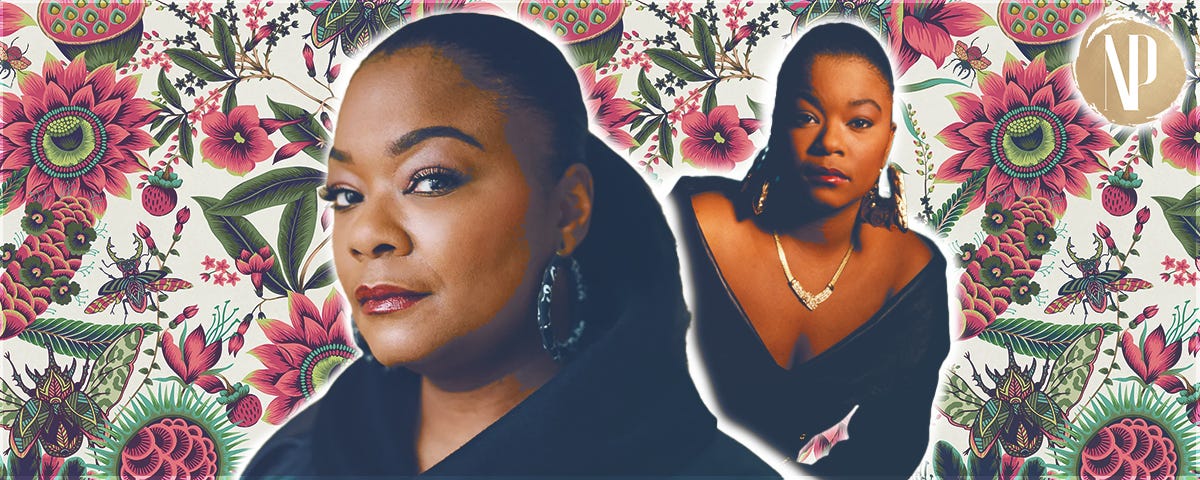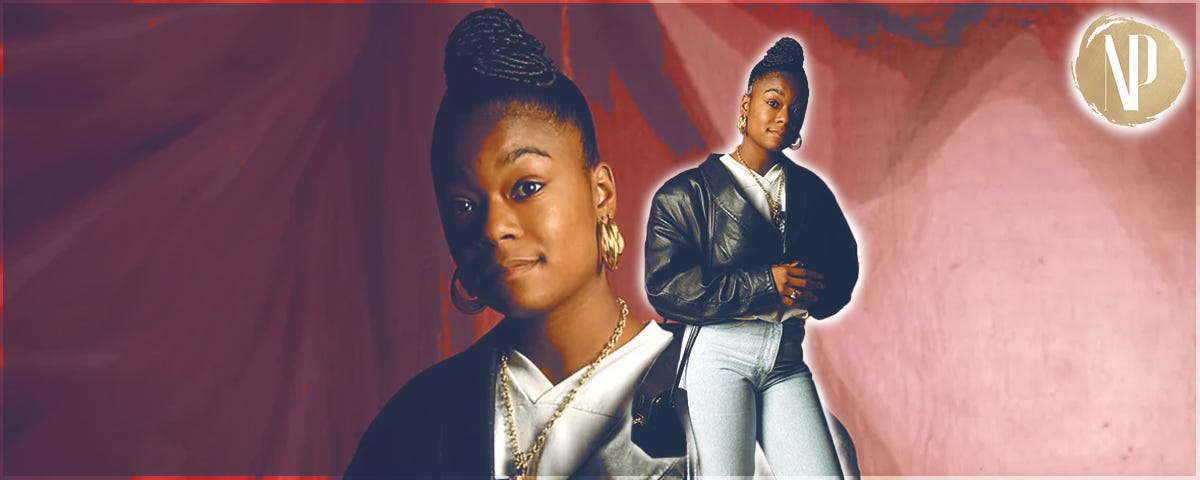Roxanne Shanté: The Rap Pioneer Who Redefined Hip-Hop
How her daring lyrics and fearless persona reshaped the hip-hop game, and continue to inspire today’s biggest names
Hip-hop, rap, and parallel musical categories, rooted in emphatic rhythms and lyrical prowess, demonstrate a remarkable capacity for forging communal bonds and introducing distinct sonic dimensions. Although certain artists channel rap as a lucrative path toward financial gain and professional distinction, others deploy it as a conduit for messages, cryptic subtext, or pointed critiques. Over successive decades, this cultural force has expanded into a lavish enterprise teeming with indulgent amusements, narcotic references, fraught relationships, and flamboyant displays of wealth. Future exemplifies this phenomenon through his frequent allusions to drug use—whether ingesting substances or rhyming about them—while Latto projects her unwavering authority in any environment, be it acquiring luxury vehicles, engaging in intimate affairs, or reveling in spirited gatherings.
During that formative period, when hip-hop was widely regarded as a “new school” sound, practitioners approached their craft with serious intent, crafting meticulously arranged tracks designed to convey provocative statements. Queen Latifah and Slick Rick exemplified this philosophy through vivid storytelling, memorable stylistic choices, and uncompromising enunciation. Others channeled hip-hop’s dynamic spirit into episodes of conflict, turning rivalry into musical opportunity through diss tracks or answer songs, further spotlighted by the iconic East Coast–West Coast feud. The legendary clashes—such as The Notorious B.I.G. versus Tupac and Jay-Z versus Nas—underscored the gravity of these lyrical skirmishes, solidifying them as pivotal moments in hip-hop lore. While some modern figures in this saturated arena reap vast fortunes through merchandise, concerts, and streaming platforms and chart success with minimal effort, countless contemporaries toil in obscurity or quietly establish stylistic precedents that endure long after lesser contributions fade.
Roxanne Shanté has recently garnered significant recognition, becoming the inaugural solo female rapper to receive a Lifetime Achievement Award from The Recording Academy. She rose to prominence in the mid-1980s as one of hip-hop’s earliest women to achieve broad acclaim. Her incisive wordplay and audacious persona directly confronted the genre’s male hierarchy, forging a path for subsequent generations of female MCs. Although she did not secure GRAMMY nominations during her peak, her enduring impact on rap culture remains indisputable.
At the remarkable age of fourteen, Shanté was already celebrated as the Queen of Rap, propelled by her tenacity and unwavering grit. She emerged as a confrontational lyricist trailblazer, gaining notoriety for her role in the infamous Roxanne Wars—an escalating rivalry sparked by a missed performance at a radio promotional event. Seizing a chance to retaliate against U.T.F.O., she adopted the “Roxanne” moniker from her middle name. Disc jockey Mr. Magic, producer Marley Marl, and music impresario Tyrone Williams swiftly backed her plan, culminating in releasing Roxanne’s Revenge. Laden with explicit jabs yet instantly infectious, the single soared in popularity, selling over 250,000 copies in New York alone.
Shanté forged the bedrock upon which future female emcees would weave themselves into the heart of hip-hop, from lyrical virtuosity to withering battle verses. The infusion of contemporary rap aesthetics further cements her influence in each emerging performer’s audacious energy and assertive persona. Devoid of her trailblazing imagination—alongside luminaries such as Salt-N-Pepa and MC Lyte—the landscape would have lacked the subsequent ascendancy of Queen Latifah, Lil’ Kim, Cardi B, and Doechii. In its present form, the genre continues to benefit from a flourishing movement of women’s empowerment, propelled by these pioneering figures.




Love it!